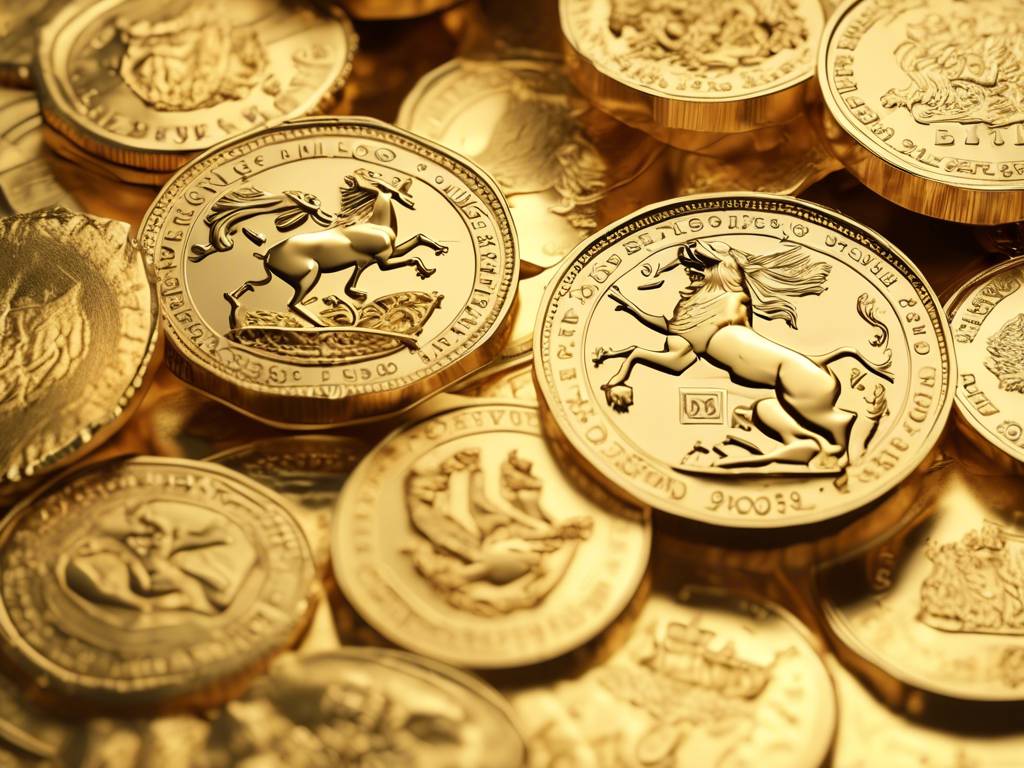The Bank of England’s Controversial Gold Sell-Off: A Costly Decision
In a historic move that has since been controversial, the Bank of England (BoE) sold roughly half of its gold reserves in 1999 at the price bottom of the world’s leading commodity. This move resulted in a financial long-term opportunity cost of over £21 billion to BoE.
Britain’s Gold Sale in 1999 Amid an ‘Expanding Economy’
The then-Chancellor of the Exchequer, Gordon Brown, decided to sell 395 tonnes of gold, raising $3.5 billion. The sale drove gold prices to a historic low of $252.80 an ounce, which has since been referred to as the “Brown Bottom.” As of this writing, gold trades at $2,360 per ounce—810% more than at the “Brown Bottom.”
- Conservative Party analysis indicates the gold would be worth £23.6 billion today.
- The decision has cost the U.K. £21.3 billion more than received in 1999.
Gold Demand Has Increased Over the Years
The BoE’s decision was part of a trend among central banks in the mid-1990s and early 2000s, driven by the belief that gold was outdated. Other countries, including Canada and Argentina, also sold gold during this period.
- Central banks have accumulated gold in the last 12 years, with a record purchase of 290 tonnes in Q1 2024.
- Emerging markets need to diversify their holdings away from U.S. dollar-denominated debt.
The Shift Towards Gold as a Quality Reserve Asset
Central banks are increasingly buying gold to improve the quality of their reserves and hold a neutral asset. The trend is seen primarily in emerging markets, where demand for gold is surging due to the need to diversify holdings away from USD-denominated debt.
- China’s demand for gold surged by 68% year-over-year in Q1 2024.
- Analysts differ on whether developed market central banks will follow suit in buying gold.
The Impact of the BoE’s Decision
The Bank of England’s decision to sell half its gold reserves in 1999 has had significant long-term financial implications for the U.K. While it was part of a broader trend among central banks at the time, the global fiscal landscape has changed dramatically since then, with central banks now actively accumulating gold to shore up their reserves.
Hot Take: Reflecting on Past Mistakes and Shifting Trends
Looking back at the BoE’s gold sell-off in 1999, it serves as a cautionary tale of the risks associated with such decisions. While central banks then believed gold to be outdated, the current trend towards gold accumulation highlights its enduring value in modern economic landscapes. The BoE’s costly decision underscores the importance of strategic asset management and the need for a nuanced understanding of evolving global financial dynamics.





 By
By
 By
By



 By
By